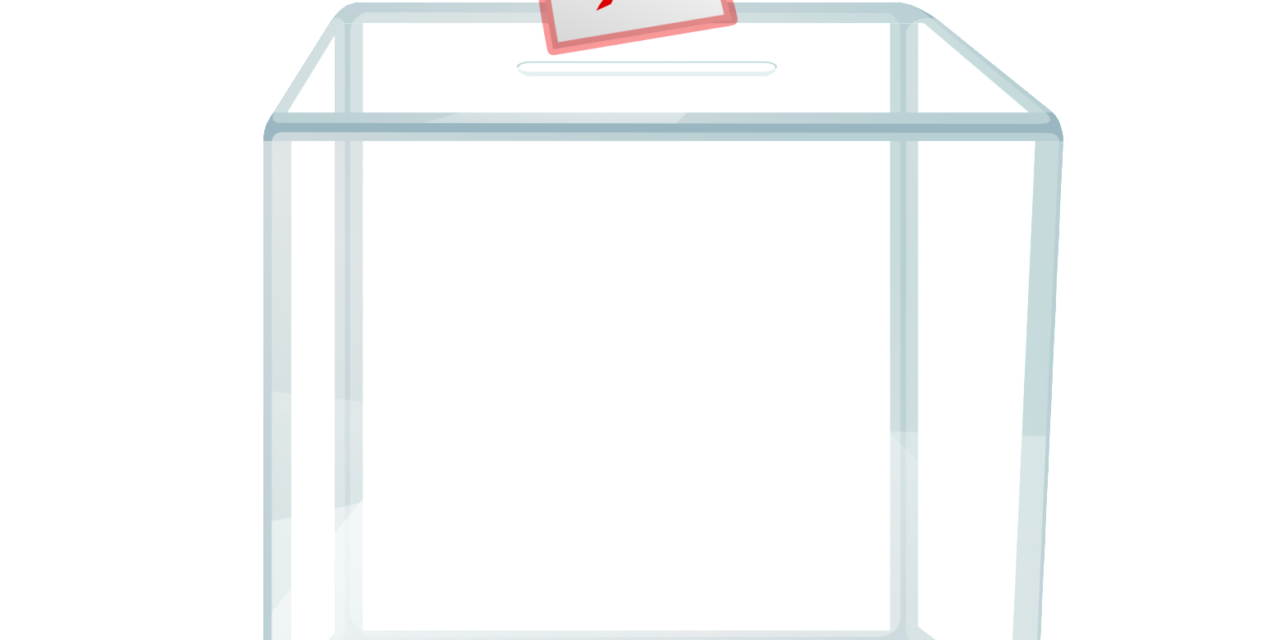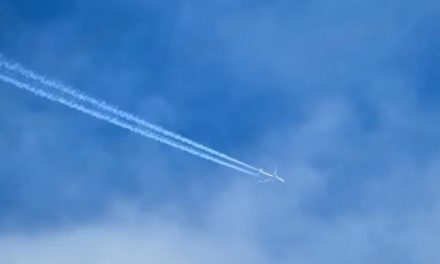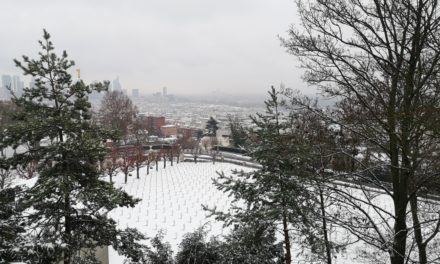Presidential election in Armenia
On 2 and 3 March, Armenia held early presidential elections, triggered by the resignation of the incumbent president, Armen Sarkissian, three years before the end of his mandate. Sarkissian’s power, weakened by repeated disputes with opposition Prime Minister Nikol Pashinian, who came to power as a result of the 2018 revolution, had been the subject of regular controversy over its extent.
Sarkissian was also accused of having dual citizenship, which would have theoretically prevented him from becoming president. These accusations proved to be true, as the president acquired the nationality of Saint Kitts and Nevis, a Caribbean tax haven, a few years ago. Elected in 2018 by indirect vote for a non-renewable 7-year term, he should have left power in 2025. Vahagn Khatchatrian, former mayor of Yerevan, was elected by the national assembly to succeed him.
Armenia, independent since 1991, remains a fragile democracy, often affected by corruption scandals, with several former presidents recently indicted (Robert Kocharian, Serge Sarkissian) in various cases. The 2018 revolution, which brought the current Prime Minister Nikol Pachinian to power, brought a wind of hope, thwarted by the resumption of the war between Armenia and Azerbaijan in the autumn of 2020, which saw Armenia lose control over most of Artsakh (or Nagorno-Karabakh) to Azerbaijan.
Georgia and Moldova apply for EU membership
As a direct consequence of the war in Ukraine, two new countries, Moldova and Georgia, have officially applied for membership of the European Union. Georgia, which has been turning towards the West since the 2003 revolution that saw the fall of the pro-Russian president Chevernadze in favor of the young pro-European president Saakashvili, who has since fallen from grace, is very much afraid of its powerful Russian neighbor, which has already amputated Abkhazia and South Ossetia during a blitzkrieg in 2008. Moldova, meanwhile, which has been battling with pro-Russian separatists in Transnistria for nearly 30 years, would like to move closer to the West following the election in 2020 of a pro-European president, Maia Sandu, and looks with envy at neighbouring Romania, to which it is culturally very close, which joined the European Union in 2007.
Other Balkan countries such as Northern Macedonia, Albania, Bosnia-Herzegovina, Serbia, Montenegro and Kosovo would like to join the EU in the long term, but for the time being, no extension is planned in the short term, as the EU already has many internal challenges to face at 27.
Presidential elections in Hungary
On 10 March, the Hungarian presidential election took place, the first of a series of elections in Hungary. The incumbent president, János Áder, has already served two five-year terms and is therefore ineligible to stand for re-election. In Hungary, the president is elected indirectly for a five-year term, renewable once. There are two candidates: Katalin Novák, Viktor Orbán’s Minister for Family Affairs, supported by the government, and the independent candidate Péter Róna, supported by a broad opposition coalition. The role of the president is mainly honorary. Not surprisingly, Katalin Novák was elected with almost 73% of the vote.
At the beginning of April, the outgoing Prime Minister Viktor Orbán, who is running for a fifth term in office, his fourth since returning to power in 2010, will face a risky parliamentary election. The opposition has formed a broad coalition, ranging from the far right (Jobbik) to the left (Hungarian Socialist Party), the ecologists (Hungarian Green Party) and the liberals (Momentum) to present a single candidate, the economist Péter Márki-Zay, elected following a primary.
On the same day, a referendum is to be held on four social issues relating to sex education for minors and the promotion of trans-identity.
General elections in Malta
On 26 March, the general elections were held in Malta to renew the members of the House of Representatives. The Labour Party retained its majority at the expense of the Nationalist Party. The Labour Prime Minister was re-elected.
Once known for its peaceful democracy, Malta has shown darker sides in recent years following the murder of investigative journalist Daphne Caruana Galizia in 2017, who had revealed the Malta Files, documents proving the involvement of many Maltese politicians in financial and tax evasion scandals, including the then Prime Minister Joseph Muscat. His investigations had revealed widespread corruption on the island up to the highest level of the state, with the investigation into the murder of Daphne Caruana Galizia still pending.
Russia – Ukraine conflict
The Ukrainian conflict keeps on going, with Russian armed forces having taken the port of Mariupol and a large part of the left bank of the Dnieper river.
European countries, and particularly neighboring countries, are hosting streams of civilian refugees (in which a third of non-Ukrainians apparently slipped quietly into, taking advantage of the situation to enter Europe).
The military conflict is coupled with an economic, financial and energy conflict, Western countries having taken numerous measures against Russia, with in particular the seizure of the property of many Russian business leaders. For its part, Russia announces the cessation of gas deliveries to Europe if these are not paid for in rubles.
Russia also disconnected from the global internet in mid-March, raising fears of an increase in cyber-attacks.
And finally the Kremlin announced the convertibility of the ruble into gold for the end of April.
Paying for oil and gas in gold and pegging the ruble to gold, it doesn’t seem like much, but it’s a very violent blow to the dollar world domination and it is very likely that the Americans will react very strongly .
This game of chess between Russia and Western countries is likely to be long and violent.






